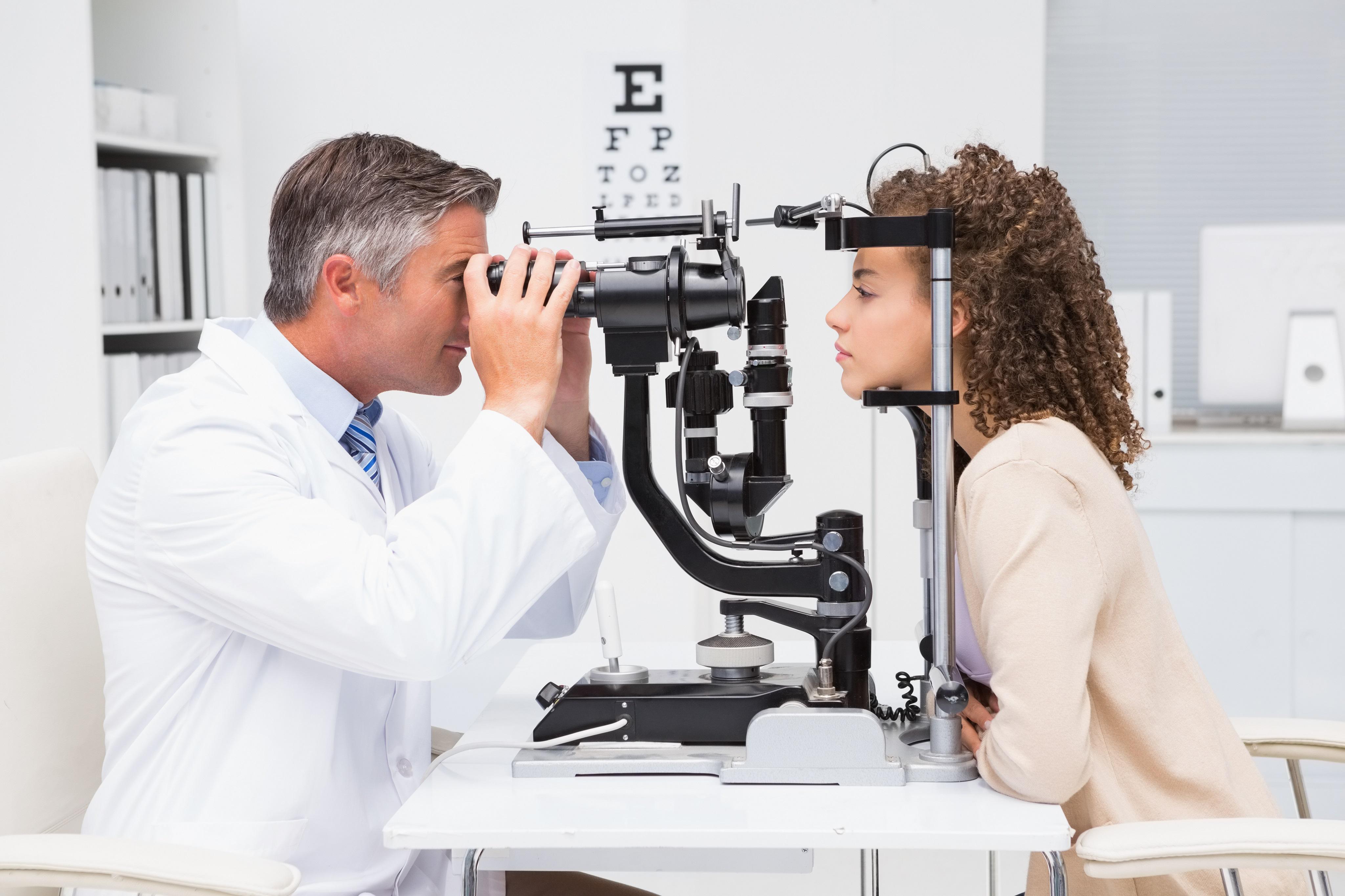Andalusia Ophthalmologist: Devoted Vision Care for Every Patient
Andalusia Ophthalmologist: Devoted Vision Care for Every Patient
Blog Article
Exploring the most up to date Innovations in Retina Treatments for Different Eye Problems

Improvements in Macular Degeneration Treatments
In the world of ophthalmology, noteworthy developments have arised in the field of treating macular degeneration, supplying hope for enhanced end results and lifestyle for clients. Macular deterioration, a leading root cause of vision loss in older grownups, has actually seen significant development in treatment options. One groundbreaking development is the development of anti-VEGF (vascular endothelial growth variable) shots, which have actually reinvented the monitoring of wet age-related macular degeneration. These shots work by targeting and inhibiting the uncommon capillary development that causes vision loss. Clinical trials have actually shown that normal anti-VEGF injections can assist stabilize vision and even improve view in some clients.
Additionally, the intro of implantable mini telescopes for end-stage macular degeneration has provided brand-new possibilities for boosting vision and quality of life in pick individuals. These telescopic implants can enhance aesthetic skill and expand the aesthetic field, enabling individuals with advanced macular degeneration to perform day-to-day tasks with better simplicity. neurologist andalusia. In general, these developments represent substantial strides in the treatment of macular degeneration, using hope and improved outcomes for clients facing this challenging problem
Innovations in Diabetic Retinopathy Therapies
Noteworthy innovations in the treatment of diabetic retinopathy have actually lately emerged, providing promising potential customers for enhancing person outcomes and vision health and wellness. Diabetic retinopathy is a serious problem of diabetic issues and a leading root cause of loss of sight among working-age grownups. One of the innovation treatments consists of anti-vascular endothelial development variable (anti-VEGF) shots, which have actually shown substantial success in taking care of diabetic person macular edema and proliferative diabetic person retinopathy. These injections work by minimizing unusual capillary development and leakage in the retina, therefore preserving vision.
Furthermore, laser therapies such as focal/grid laser and pan-retinal photocoagulation have actually been efficient in dealing with proliferative diabetic person retinopathy by targeting specific areas of the retina to reduce abnormal capillary growth or secure off leaking blood vessels. neurologist andalusia. Unique surgical methods like vitrectomy have actually also advanced, allowing surgeons to remove blood or scar cells from the eye's vitreous gel much more exactly
Innovations in Retinal Detachment Monitoring
With advancements in surgical strategies and modern technology, taking care of retinal detachment has seen substantial enhancements in recent years. One notable advancement is making use of small-gauge vitrectomy systems, which enable minimally invasive treatments, leading to faster healing times and far better results for clients. These systems utilize smaller sized instruments, resulting in reduced trauma to the eye and making it possible for specialists to execute fragile maneuvers with higher accuracy.
Additionally, the advancement of advanced imaging innovations such as optical coherence tomography (OCT) has revolutionized the diagnosis and monitoring of retinal detachment. OCT offers high-resolution cross-sectional photos of the retina, enabling ophthalmologists to imagine the degree of detachment and plan treatment better.
In addition, the usage of perfluorocarbon liquids during surgical treatment has actually boosted medical success prices by click now helping with the reattachment of the retina. These fluids help squash the retina and displace subretinal liquid, aiding in the positioning of the separated retina back into location.
Progress in Retinitis Pigmentosa Solutions
Significant improvements in study and treatment methods are driving progress in dealing with Retinitis Pigmentosa, a genetic eye disorder that influences the retina's capability to respond to light. Retinitis Pigmentosa (RP) leads to a steady decrease in vision, usually causing one-track mind and even blindness. However, current growths in the area deal wish to people influenced by this condition. cardiologist andalusia.

Additionally, stem cell treatment reveals pledge in changing damaged retinal cells with healthy and balanced ones, possibly recovering vision in people with RP. Scientific trials are underway to analyze the security and effectiveness of this cutting-edge approach.
Developing Treatments for Retinal Vascular Illness
Structure upon the improvements in addressing Retinitis Pigmentosa, researchers are currently discovering evolving treatments for retinal vascular conditions, intending to further enhance vision treatment and outcomes in individuals with numerous retinal conditions. Retinal vascular illness, such as diabetic retinopathy and retinal blood vessel occlusion, are characterized by abnormalities in the capillary that supply the retina, causing vision impairment or even vision loss if left untreated. Current treatments for retinal vascular conditions consist of anti-VEGF shots, laser treatment, and corticosteroids to take care of the underlying vascular adjustments and reduce the risk of issues.
Recent developments in the area of retinal vascular illness treatments focus on novel medicine shipment systems, gene therapies, and stem cell-based approaches to target the particular pathophysiology of these problems. Stem cell study holds promise for restoring damaged retinal tissues and restoring visual function in clients with vascular retinal problems.
Conclusion
In final thought, the field of retina treatments has seen significant innovations in the last few years across different eye conditions this contact form such as macular deterioration, diabetic person retinopathy, retinal detachment, retinitis pigmentosa, and retinal vascular diseases. These innovations use hope for enhanced outcomes and lifestyle for clients experiencing these conditions. Continued study and advancement around are essential for additional progression in the therapy of retinal diseases.
From Macular Deterioration to Diabetic Retinopathy, Retinal Detachment, Retinitis Pigmentosa, and Retinal Vascular Diseases, the most recent developments are reshaping the landscape of ocular medical care.Building upon the improvements in attending to Retinitis Pigmentosa, scientists are now checking out progressing therapies for retinal vascular illness, aiming to better click for more info enhance vision care and results in people with different retinal conditions. Retinal vascular illness, such as diabetic person retinopathy and retinal capillary occlusion, are defined by irregularities in the blood vessels that supply the retina, leading to vision disability or even vision loss if left neglected. Stem cell research study holds guarantee for restoring damaged retinal cells and restoring visual feature in people with vascular retinal problems.In verdict, the area of retina treatments has actually seen considerable developments in recent years throughout various eye problems such as macular degeneration, diabetic person retinopathy, retinal detachment, retinitis pigmentosa, and retinal vascular diseases.
Report this page